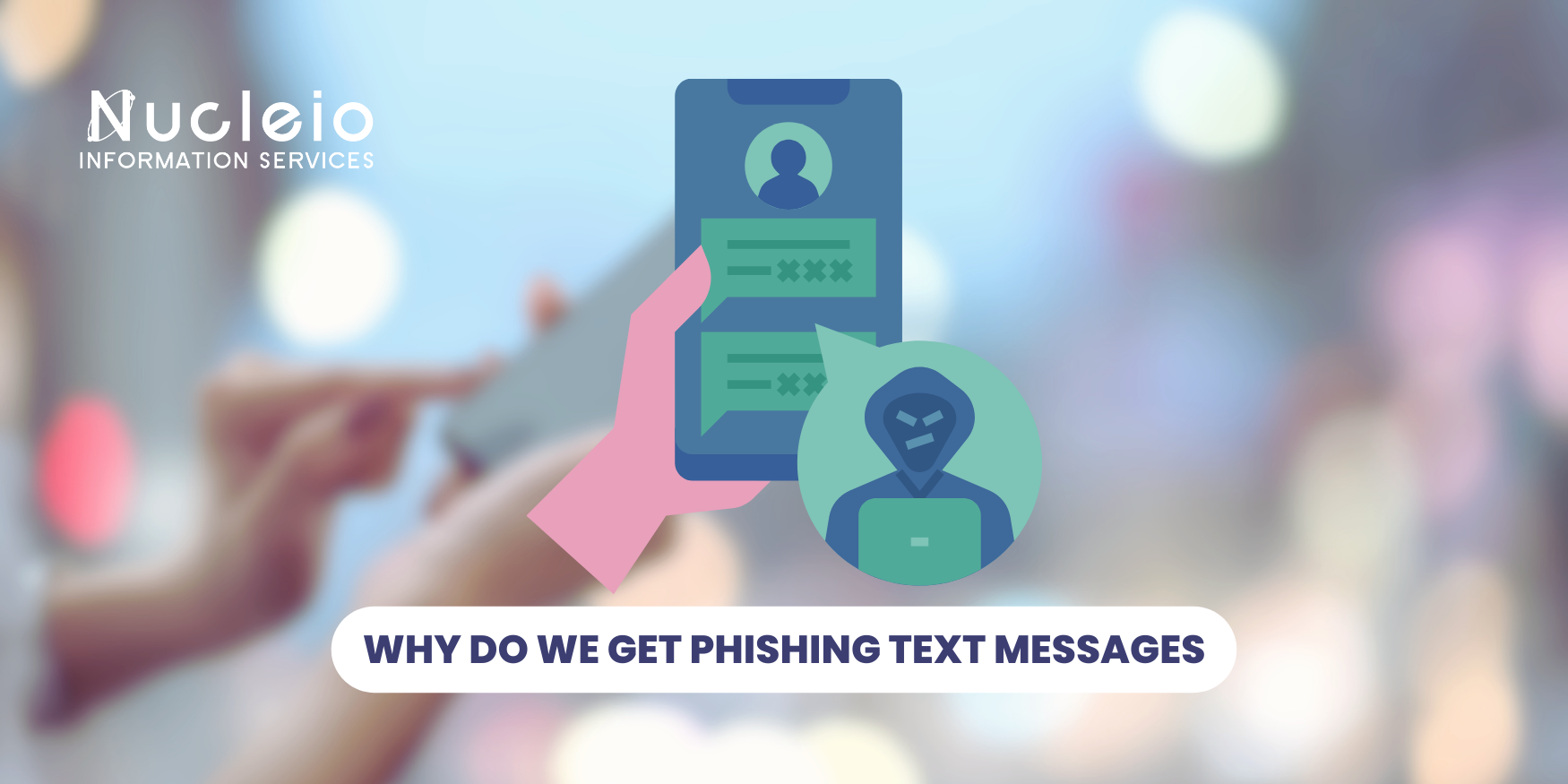Ever check your phone and find a strange text message? Maybe it claims your bank account is frozen, or offers a free phone for clicking a link. These are phishing scams, also known as “smishing,” and they’re on the rise in the Philippines. But why do we get phishing text messages?
Here’s the deal: scammers target us with phishing text messages for a few reasons:
We’re All Mobile: Filipinos love their mobile phones! This high usage makes us prime targets for scammers. Text messages are quick and easy to open, making them a sneaky way to try to steal our personal information.
Fooled by Familiarity: Phishers get clever. They might pretend to be from your bank, a delivery company, or even a government agency. This creates a sense of urgency or trust, making you more likely to respond.
The Allure of Free Stuff: Who doesn’t love a good deal? Phishers dangle fake rewards or incentives to get you to click on a malicious link. These links could steal your passwords, download malware, or take you to a fake website designed to look real.
Lack of Awareness: Not everyone knows how phishing scams work. Scammers count on this! By understanding their tricks, we can protect ourselves.
Don’t Be a Victim!
So, how can you avoid these annoying and potentially dangerous texts? Here are some tips:
Be Wary of Urgency: Did your bank account REALLY get frozen out of the blue? Is there a real deadline to claim that free phone? Probably not. Scammers love pressure tactics, so take a breath and investigate before responding.
Don’t Click on Links: This is the golden rule! If a text message has a link, especially from an unknown number, leave it alone. Don’t be tempted to “learn more” or “claim your prize.”
Report and Block: Most Philippine network providers allow you to report spam texts. Forward the message and block the number. It helps them track scammers and reduces the number you receive.
Fight Back with Knowledge: Share this information with friends and family! The more people who are aware of phishing scams, the harder it will be for scammers to succeed.
Unusual rise of Gambling Website Text Messages
On top of the usual phishing scams, Filipinos are also bombarded with spam texts from online gambling sites. These can be just as dangerous.
A Booming Market: The Philippines has a flourishing online gambling industry, and some less reputable sites resort to spammy tactics to get new customers.
Easy Access: Your phone number might be at risk if you ever signed up for an online promotion or service that asks for it. If that information gets sold or leaked, you could end up on a spam list.
These gambling texts can trick you in a couple ways:
Malicious Links: Clicking a link in a gambling spam text could lead to a website designed to steal your financial information.
Unregulated Sites: Even if the links don’t steal your info directly, the gambling sites themselves might be unregulated. This means you might have trouble withdrawing any winnings or encountering unfair practices.
Here’s how to avoid them:
Don’t Respond: Even if the message promises big wins or exclusive offers, delete it! Responding can confirm your number is active and encourage more spam.
Report as Spam: Most network providers have a way to report spam texts. Help them crack down on these sites!
Phishing text messages and spam from online gambling sites are a nuisance, but they don’t have to control your inbox. By following the tips above, you can stay informed and become a more difficult target for scammers. Remember, a little caution goes a long way. If a text message seems suspicious, it probably is. By staying aware and taking action, you can protect yourself and keep your personal information safe.

